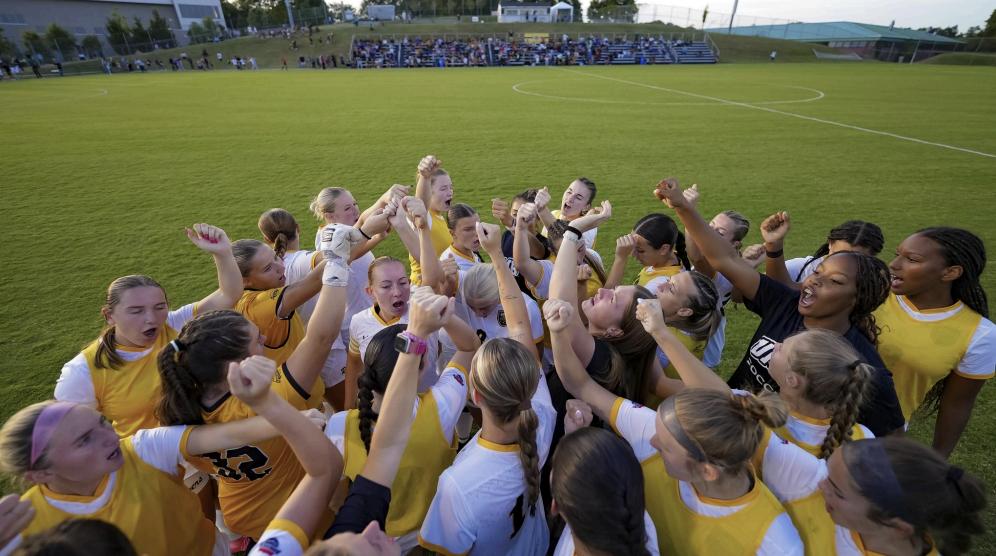UMBC President Freeman Hrabowski recently received a lifetime achievement award for his work by the American Council for Education at this month’s ACE Annual Meeting. This award recognizes the work President Hrabowski has done throughout the past 25 years as president of UMBC. In a press release for the organization, ACE President Ted Mitchell said, “It is an honor to bestow ACE’s Lifetime Achievement Award on one of the most accomplished campus leaders in this country, one who has made an indelible mark on his institution and the entire higher education community.”
In particular, Hrabowski’s policy towards increasing diversity with science and technology was praised: “President Hrabowski has built UMBC into a powerhouse engine of social mobility and academic excellence, particularly in the area of expanding the number of minority students pursuing degrees in the fields of science and technology,” Mitchell elaborated in the same press release.
Hrabowski was born in Birmingham, Alabama in 1950. He graduated from the Hampton Institute with highest honors in mathematics and went on to receive a master’s and doctorate from the University of Illinois at Urbana-Champaign. His previous endeavors include co-founding the Meyerhoff Scholar’s Program with Robert Meyerhoff in 1988 and chairing the President’s Advisory Commission on Educational Excellence for African Americans under the Obama Administration of 2012. U.S. News and World Report has named him one of “America’s Best Leaders.”
Since 1992, Hrabowski’s work at UMBC has been renowned by others in his field. While his work in minority representation in STEM is his most notable achievement, he has also invested in expanding the arts and humanities on campus. This has resulted in the construction of the Performing Arts and Humanities Building.
As for the future, President Hrabowski remains hopeful about the university’s direction. He said, “We as a community believe in this institution. People are impressed by the buildings, the hundreds of millions of dollars in construction. But what’s always more important than the buildings is the people and this is a campus that takes great pride in the mind.”

